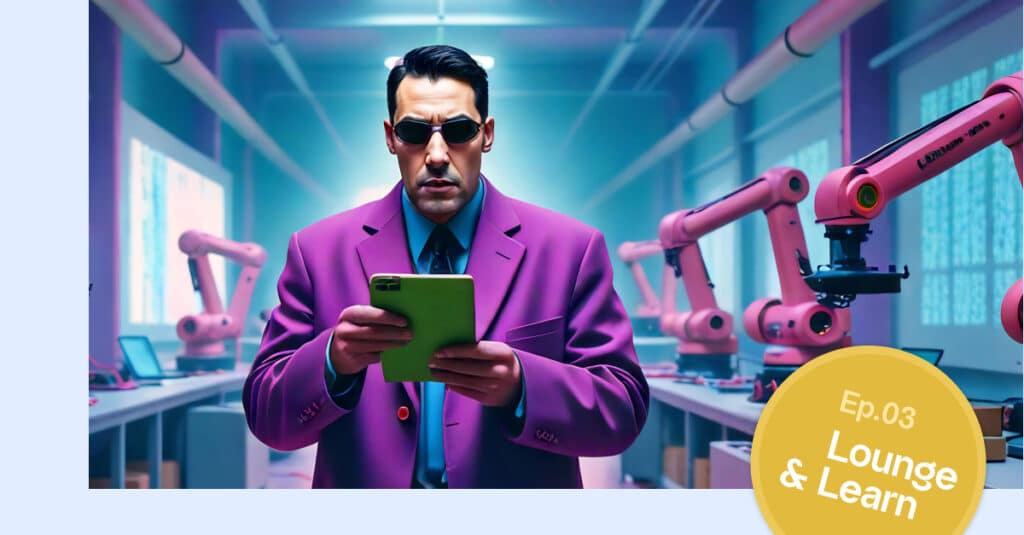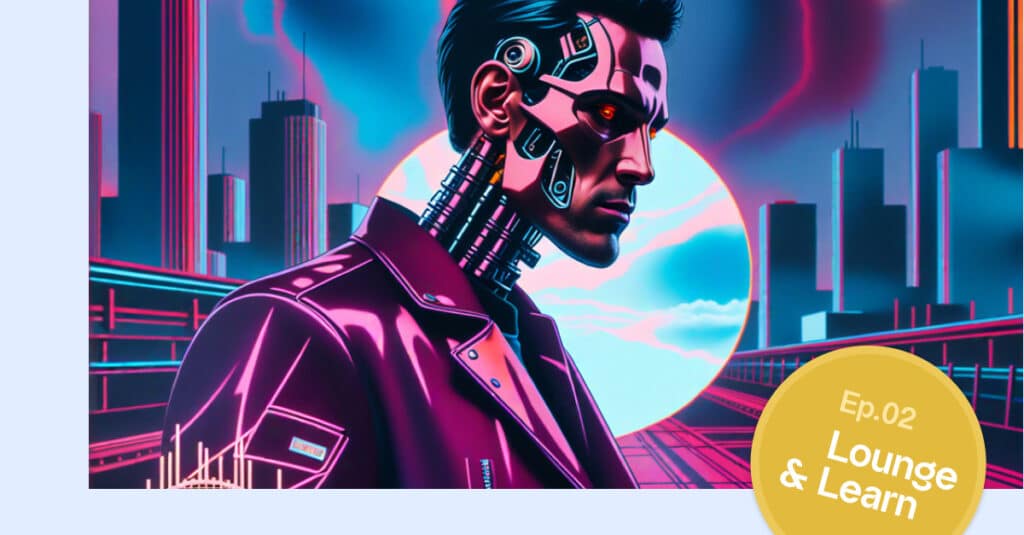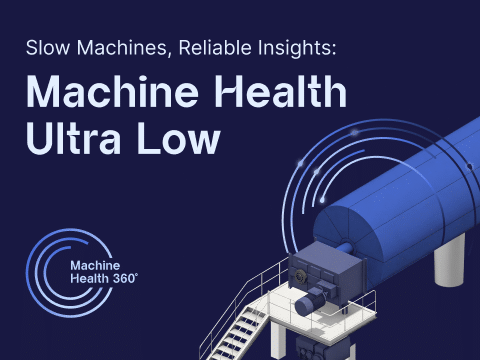
Augury CEO Saar Yoskovitz will be connecting with industry and state leaders from around the world at Davos 2023 to drive scalable solutions for manufacturing’s most pressing challenges – including workforce transformation and the digitization of operations required for increased supply chain resiliency and to slow down climate change.
“I’m excited to be attending the World Economic Forum’s (WEF) Annual Meeting in Davos again and contributing to the conversations around how to turn the industry from being part of the problem to being part of the solution for the world’s greatest challenges,” says Augury Co-Founder and CEO Saar Yoskovitz. “If you are attending, reach out so we can connect in person.”
The WEF’s Annual Meeting is taking place 16 to 20 January 2023 in Davos, Switzerland. It brings together leaders from government, business and civil society “to address the state of the world and discuss priorities for the year ahead.”
One obvious priority for manufacturing is how to deploy and scale digital transformation programs to improve resiliency, productivity and sustainability during economically and geopolitically uncertain times.
Global Lighthouse Network For Manufacturing

The event is timed nicely with the WEF’s “11 Lighthouse Smart Factories” being called one of ‘The 10 Most Relevant IoT Developments of the Year’ by consultancy and research firm IoT Analytics.
These 11 factories join over a hundred others already in WEF’s Global Lighthouse Network – which includes facilities also marked as Sustainability Lighthouses. Begun in 2019, this program spans various industries, including electronics, healthcare, pharma and automotive. Augury is a strong supporter of this initiative as a member of the network’s Advanced Manufacturing and Value Chains platform.
“Advanced factories are of particular interest from an IoT point of view,” according to the IoT Analytics report. “According to our own data, manufacturing is the largest IoT vertical, and factories are the biggest segment within that vertical for IoT. Factories have huge bases with millions of sensors, field instruments, controllers, and other hardware/software systems.”
And as the WEF explained it in their announcement of the 11 latest lighthouses: “Amid warnings of a global recession, energy price hikes and disrupted supply chains, the factories offer business leaders and policymakers examples of how the manufacturing sector can stay competitive and continue to create jobs.”
Scaling In Effort And Intensity – And Collaboration
But yes, challenges remain. Many companies are being held back by the fears that digitization efforts will get bogged down by the complexities of a particular site – not to mention scaling such efforts across many sites.
“Here it’s essential to share the best practices and technologies that Lighthouse Factories have applied to avoid pilot purgatory and instead blossom,” says Saar. “And yes, we already have some remarkable technologies at our disposal. But there are other aspects, such as having a trained and empowered workforce that knows how to apply these technologies in the most effective way possible.”
“Going into 2023, the world is facing some unique challenges. Manufacturing has the opportunity to become the lighthouse that helps solve some of them.”
So let’s talk. See you at Davos.
To learn more about how Augury is driving the future of smart manufacturing, reach out.




